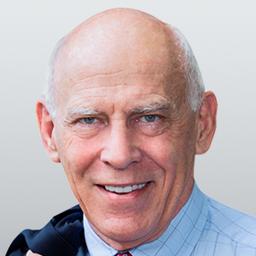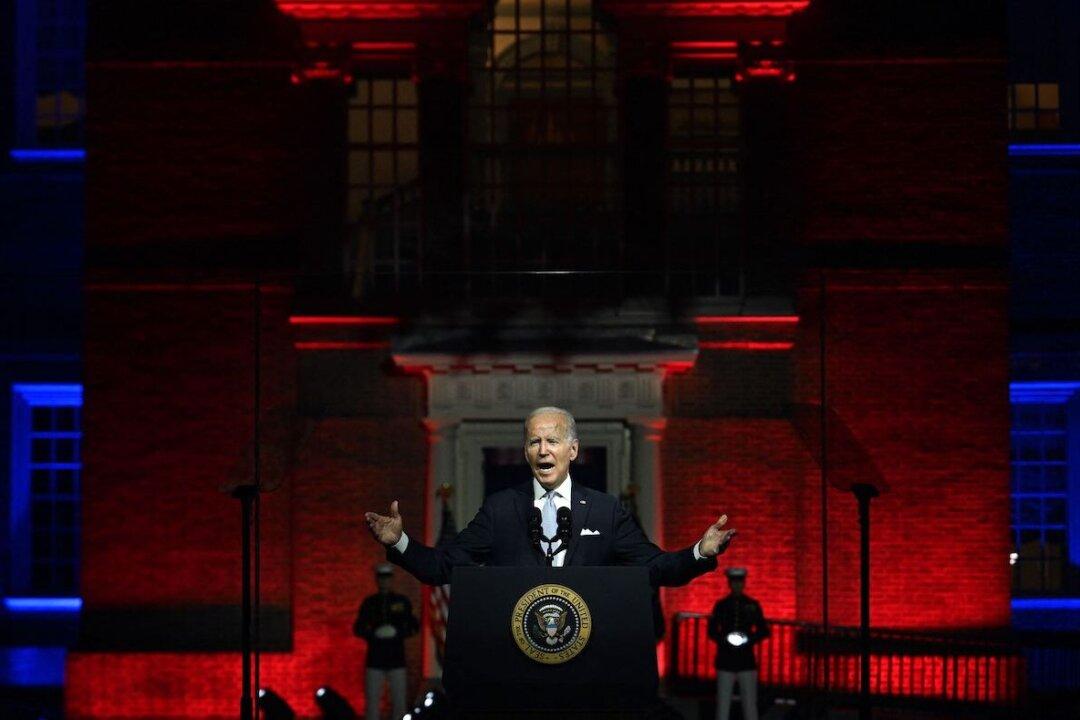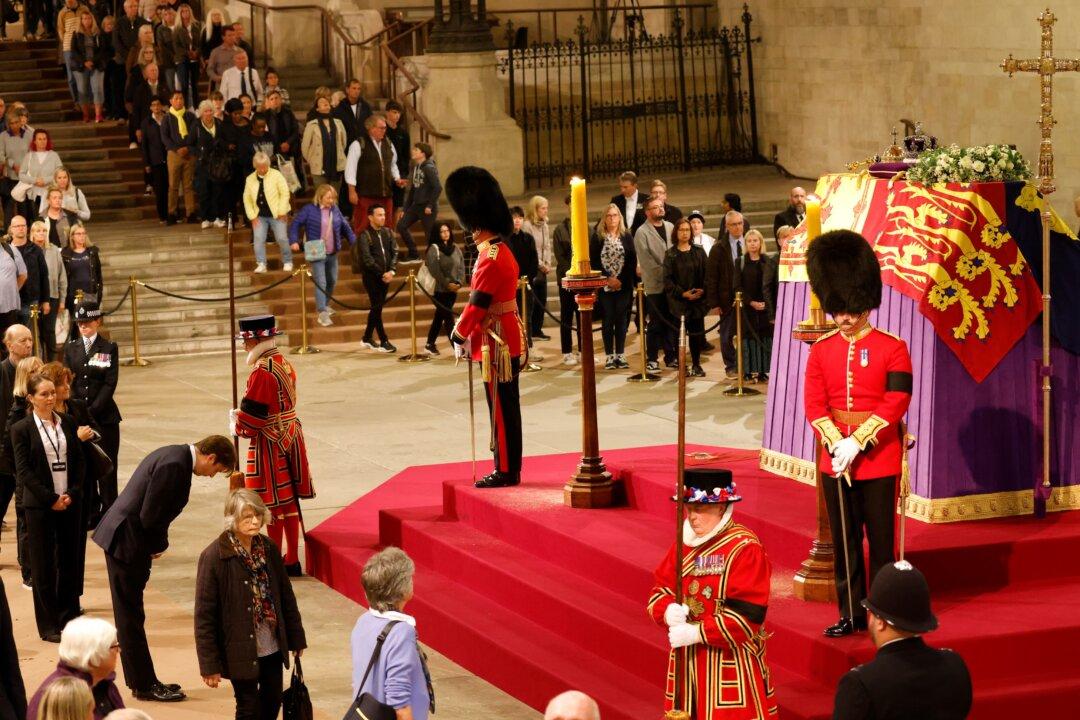Commentary
Father’s Day became a national holiday in 1972, 58 years after President Woodrow Wilson had made Mother’s Day official. Neither was a religious holiday, but when my son was in grade school, the church we attended acknowledged both days. Parents received a small gift: a flower for moms and a ballpoint pen for dads.





